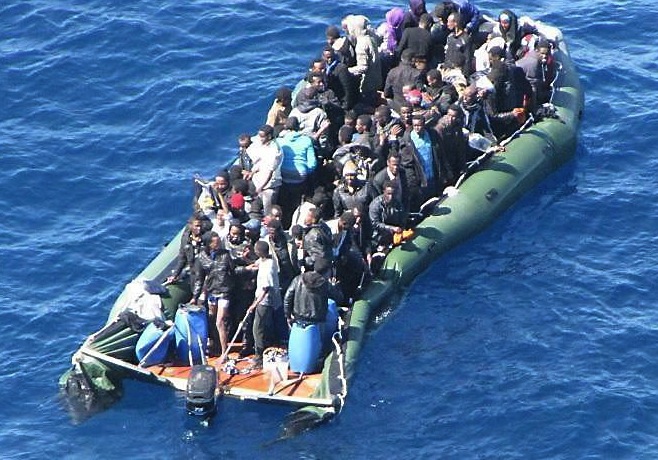Today, the ICJ and other rights groups submitted to the EU institutions their comments on a European Commission proposal for a Regulation establishing rules for the surveillance of the external sea borders in the context of operational cooperation coordinated by the FRONTEX.
In their submission, the ICJ, Amnesty International and the European Council on Refugees and Exiles acknowledge that the Commission proposal contains a number of positive elements, including the introduction of more extensive provisions on the protection of human rights and the principle of non-refoulement (Article 4), and a clearer definition of “a situation of uncertainty”, “situation of alert” and “situation of distress” (Article 9).
The proposal explicitly requires that “the existence of a distress situation shall not be exclusively dependent on or determined by an actual request for assistance”, implying an obligation for participating units to take active measures to ensure the safety of the persons concerned, and reflecting existing international law obligations in this regard.
The proposal also usefully affirms the fact that the concept of border surveillance under EU law clearly includes measures to ensure that search and rescue operations can be carried out effectively during sea operations, as it is mandated by the international law of the sea. Finally, the provisions contained in the Regulation would be fully binding on Member States for operations conducted under the auspices of Frontex.
Despite these positive elements, the ICJ, AI and ECRE have considered in their submission that other aspects of the Commission’s proposal fail to meet the requirements of international law, including refugee law, human rights law, the law of the sea and EU law.
This briefing presents the organizations’ key concerns, including in respect of how the proposed Regulation potentially contravenes the principle of non-refoulement as established in international human rights law and jurisprudence; the lack of clear guarantees to ensure access to a fair and effective asylum procedure in practice; the risk of the proposal legitimizing the practice of “push-backs” at sea; and the lack of arrangements to address legitimate concerns arising from the disembarkation in EU Member States and third countries whose asylum systems are affected by systemic deficiencies.
At the outset, the briefing briefly discusses the relevance of the ECtHR’s main findings in the case of Hirsi Jamaa and Others v. Italy (hereinafter Hirsi) with respect to the non-refoulement obligations of EU Member States and Frontex in the context of operations at sea.
The three organizations stressed in their submission that, under this judgment, and in accordance with international law, including international human rights law, operations constituting what are sometimes referred to as “push-backs” are prohibited as they constitute violations of the prohibition of collective expulsion, and seriously risk breaching the principle of non-refoulement.

